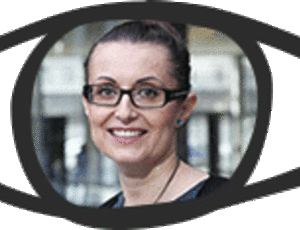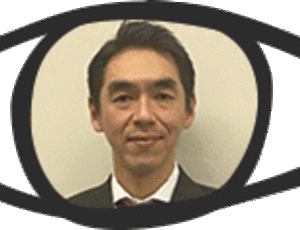A second life for used oil
Transforming oil destined to be burned or thrown away is the mission of the Used Oil Regeneration Facility in Québec. Tania Bélanger (director of performance and optimisation) and Valérie Messier (quality assurance director) joined forces to develop ways to optimize both the quality of the used oil collected and the reprocessed end product.

Valerie Messier
Quality Assurance Director - Industry
Has been working in Veolia - Canada for 2 years
Great things in business are never done by one person. They'are done by a team of people. (Steve Jobs)

Tania Bélanger
Director of Performance and Optimisation - Industry
Has been working in Veolia - Canada for 14 years
Actions speak louder than words - walk the walk, talk the talk.

What was the motivation for this project?

In an initial phase, our objective was to standardize the formulas and production process of our end products. To do this, we implemented operational tools that make the quality of the regenerated oil more stable. Then we turned to the quality of the used oil arriving at the facility, which is mainly used engine oil from automobiles.

Tania Bélanger
We wanted to improve our end products and optimize the subsidies we receive from the waste oil management stewardship organization, SOGHU (Société de gestion des huiles usagées). This required finding a way to standardize the quality of the raw material arriving at the facility.
What problem does it solve?

We had observed variations ranging from 2 to 10% in the concentration of water in the used oil, which can disrupt the regeneration systems.
So we needed to find a way to buffer the peak water concentrations and make the oil more uniform.

As our subsidies decreased when the water in the used oil we collected exceeded 5%, we needed to change our acceptance process.
We came up with a solution to mix used oil with higher water content with oil with lower water content
How did you work together?

The initiative came from Tania, but we worked closely together to develop the solution.
The teams were also very involved: their experience allowed us to work out in detail how to achieve the desired outcome.
For me it was essential to get everyone’s input
– those involved in regeneration as well as in collection – and to work with everyone impacted to make sure we made the right decisionsWhat did you each bring to the project?

Tania’s approach was very participative. She never tried to impose anything: rather, she came to us to find solutions collectively.

Valérie’s technical expertise was invaluable. But beyond that, she proved to be very open-minded and a strong team leader.
What gave you the most satisfaction?

Valérie Messier
I was surprised and pleased when Tania invited me to present the project with her in a directors’ meeting. It was important to her to share our achievement, and I really appreciated that.

Tania Bélanger
The development of the project was very smooth and quick, as we had the right people around the table. This team effort was enriching – one success was bringing together two very different sectors!
What are the positive impacts?

While the steps to standardize the collected oil haven’t been implemented yet, we’ve now done the work of defining them. So we are ready to change our procedures as soon as necessary.

Our plant is relatively new, but the optimization steps we’re taking demonstrate our goal of continuous improvement in quality and performance. This is the key for staying competitive.
What are the next steps?

There is also a certain percentage of antifreeze in the used oil we receive. We are working on a method to measure this and better understand its impact on the regeneration process.

We have lots of projects planned for the coming years: great opportunities to combine the strengths of the Group!
Be Inspired by Our Resourcers




